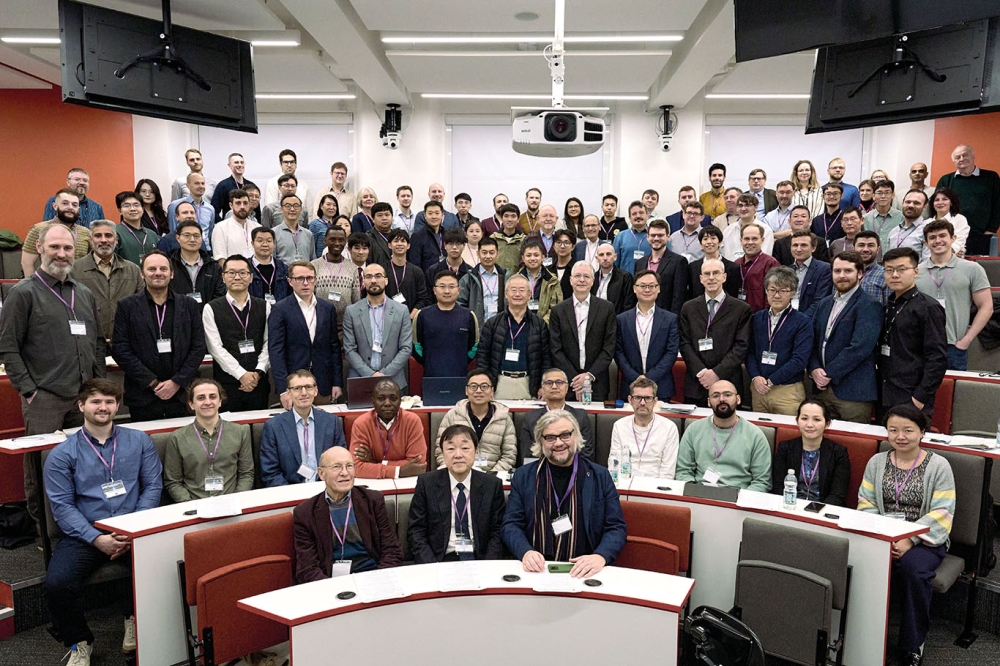Cermet signs GaN-on-ZnO deal with Georgia Tech
Wide-bandgap semiconductor specialist Cermet has negotiated a new license agreement with the Georgia Institute of Technology (GA Tech) that covers GaN-on-ZnO white LEDs.
Unlike current white LEDs, which require a phosphor to convert blue or near-ultraviolet light from a chip into white light, the new approach is phosphor-free, and relies only on the interaction between the two semiconductor materials.
Research by Cermet and GA Tech has shown that high-quality layers of GaN can be grown directly onto a ZnO substrate by MBE, with etch-pit densities in the 106 range, lower than the defect levels seen in conventional devices grown on SiC or sapphire material.
Epilayer growth by MOCVD is also possible, although the hydrogen gas generally used in this technique is problematic, as it tends to react with ZnO at typical growth temperatures.
Phosphor-free devices emitting low-intensity white emission have already been produced, and improving the electro-optic efficiency is the key area that Cermet is now focusing on.
Cermet CEO Jeff Nause told compoundsemiconductor.net that the company is also working to produce devices with different white color temperatures, to demonstrate the versatility of the novel materials approach.
Nause added that the exclusive license deal with GA Tech, which lies across the street from Cermet in Atlanta, is royalty-based.































